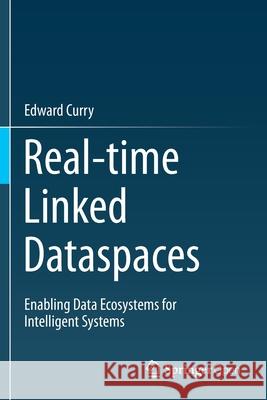Real-Time Linked Dataspaces: Enabling Data Ecosystems for Intelligent Systems » książka
topmenu
Real-Time Linked Dataspaces: Enabling Data Ecosystems for Intelligent Systems
ISBN-13: 9783030296674 / Angielski / Miękka / 2020 / 325 str.
Real-Time Linked Dataspaces: Enabling Data Ecosystems for Intelligent Systems
ISBN-13: 9783030296674 / Angielski / Miękka / 2020 / 325 str.
cena 201,24
(netto: 191,66 VAT: 5%)
Najniższa cena z 30 dni: 192,74
(netto: 191,66 VAT: 5%)
Najniższa cena z 30 dni: 192,74
Termin realizacji zamówienia:
ok. 22 dni roboczych.
ok. 22 dni roboczych.
Darmowa dostawa!
Kategorie:
Kategorie BISAC:
Wydawca:
Springer
Język:
Angielski
ISBN-13:
9783030296674
Rok wydania:
2020
Wydanie:
2020
Ilość stron:
325
Waga:
0.49 kg
Wymiary:
23.39 x 15.6 x 1.85
Oprawa:
Miękka
Wolumenów:
01
Dodatkowe informacje:
Wydanie ilustrowane











